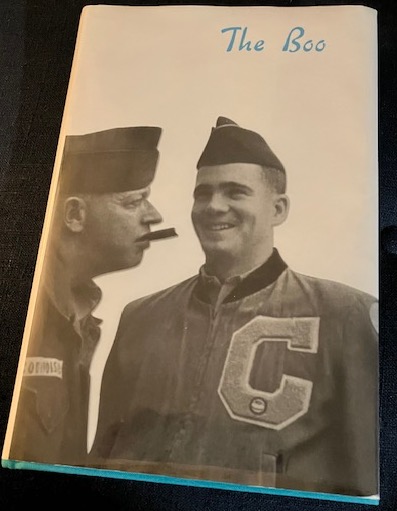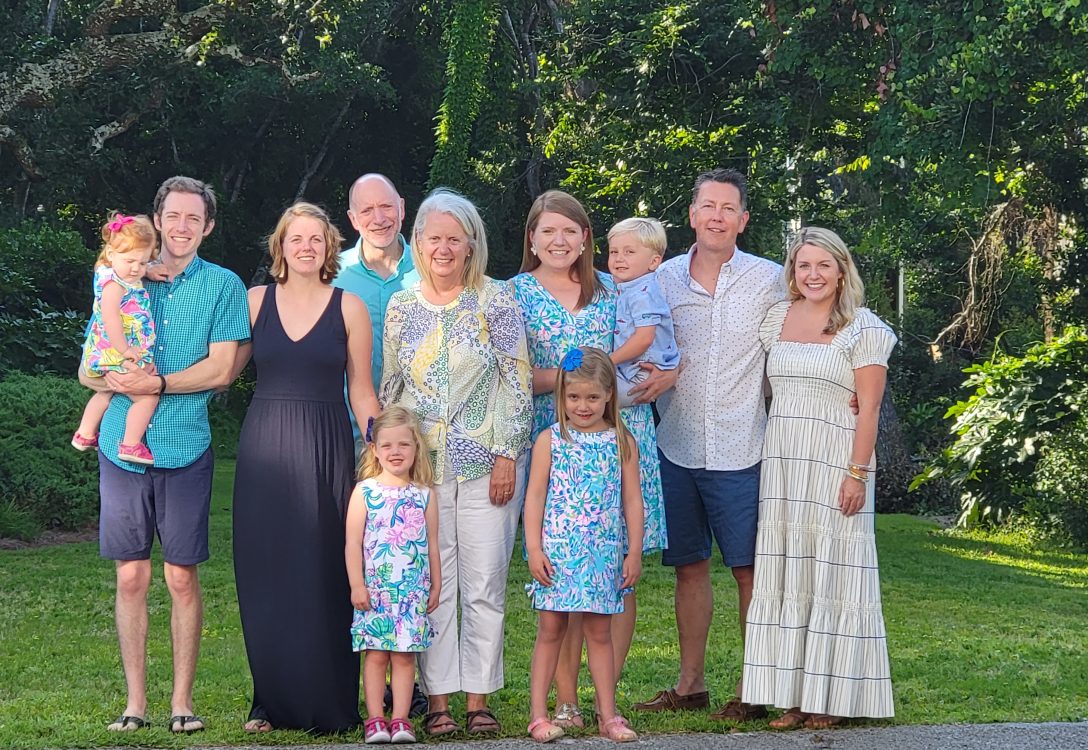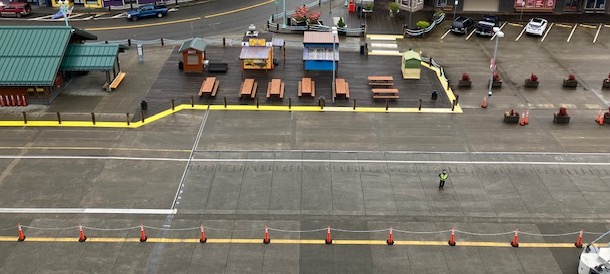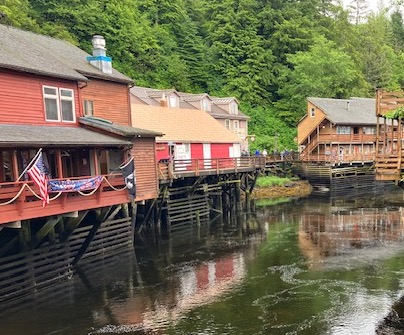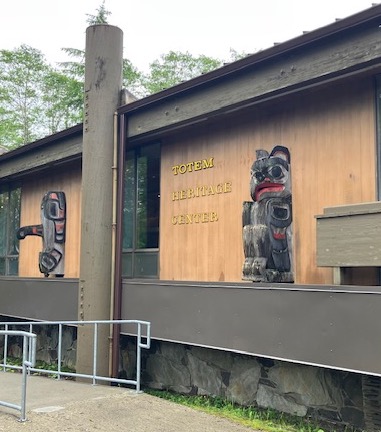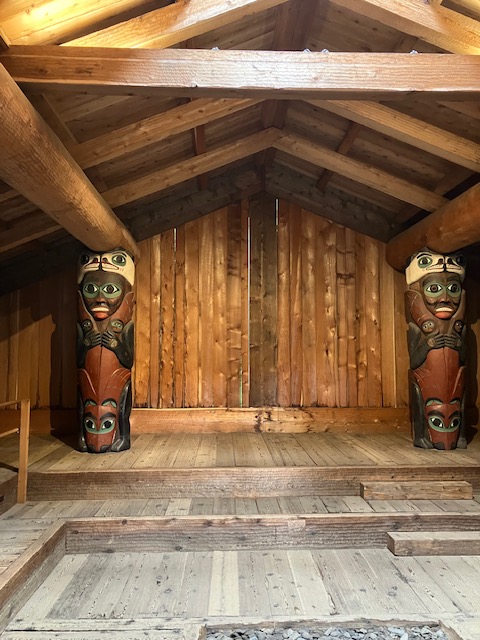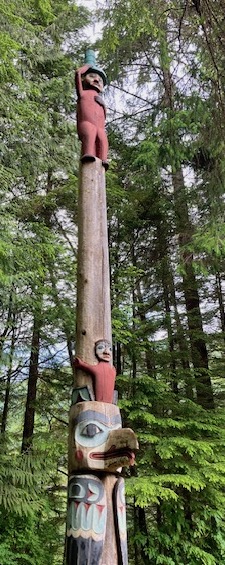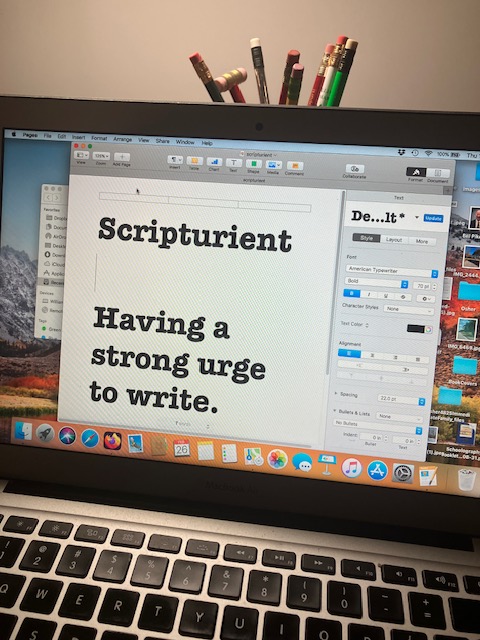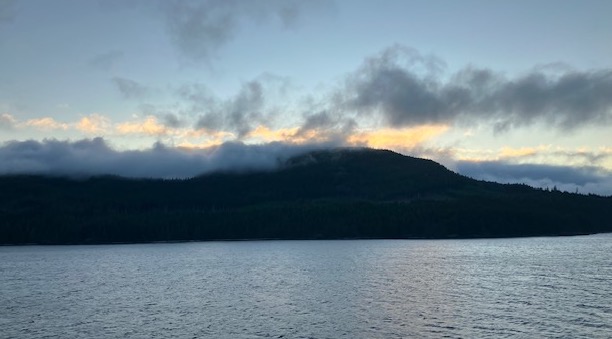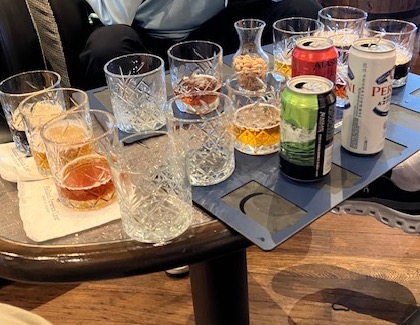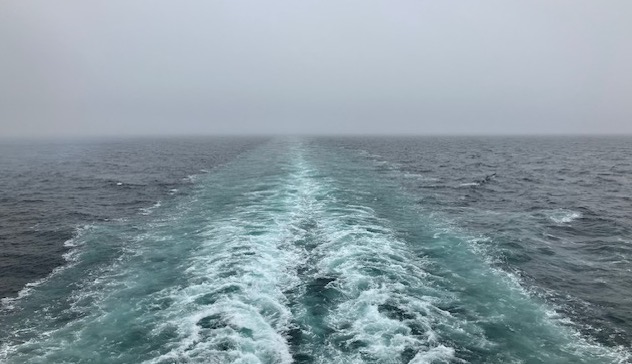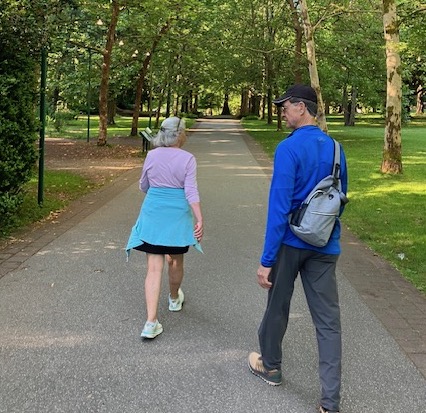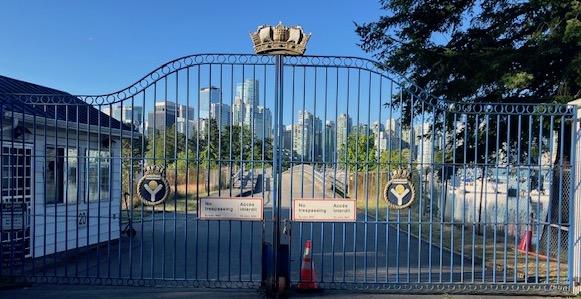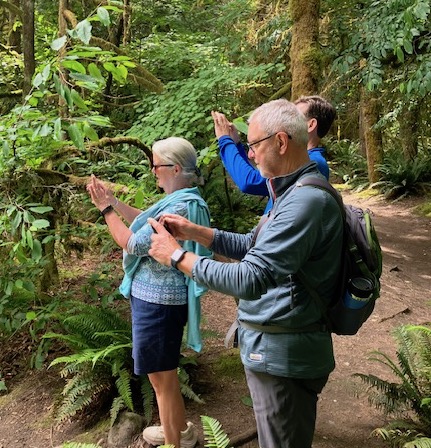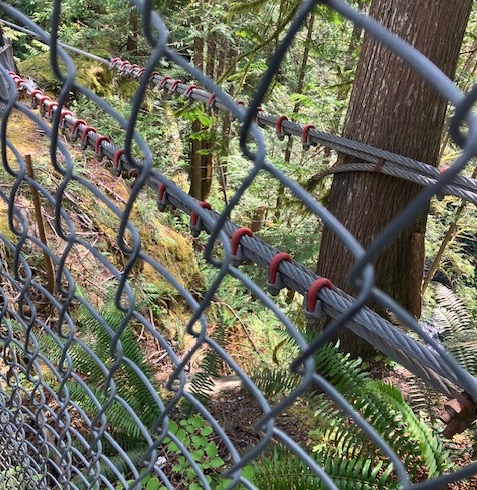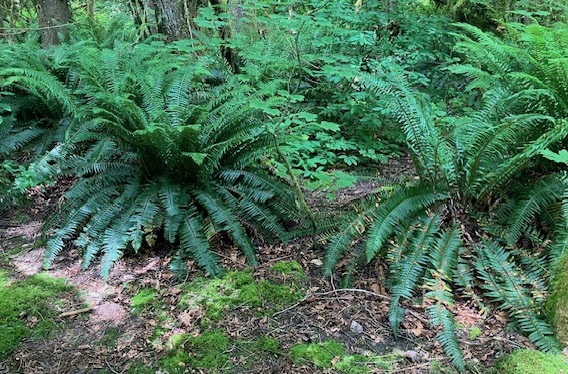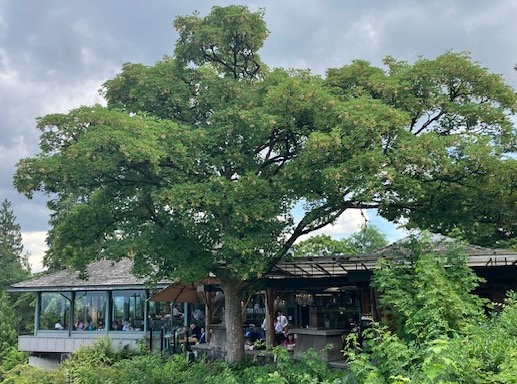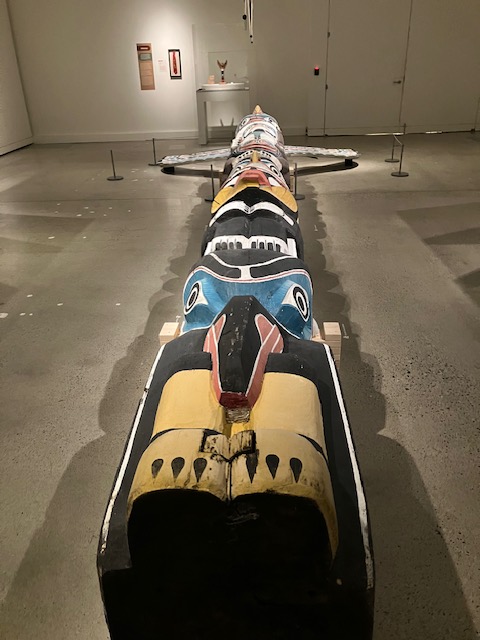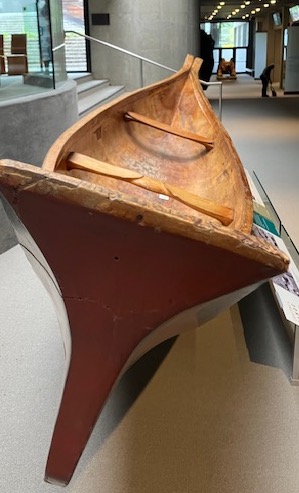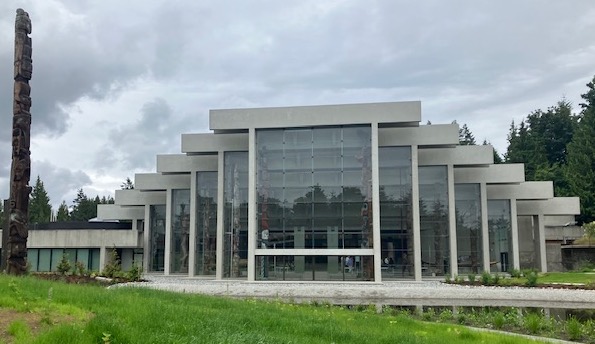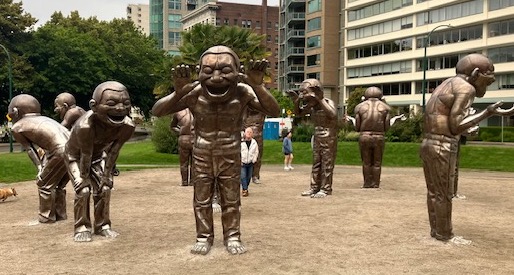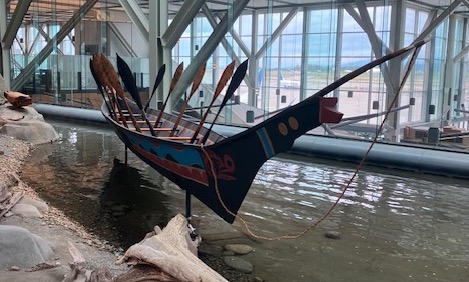Some of my favorite Pat Conroy wisdom comes from his commencement speech for the Class of 2001 at The Citadel.
Near the closing of his speech, Mr. Conroy tells the cadets: “because I want you to know how swift time is, and there is nothing as swift—and you know this from the day you walked into Lesesne Gateway until this day—a heartbeat, an eye blink. This is the way life is. It is the only great surprise in life.”
Mr. Conroy was correct about time and its swiftness.
It is hard for me to believe that we lost him ten years ago on March 4, 2016. Those “heartbeats and eye blinks” are relentless in their swiftness—“this is the way life is.”
In 2025, I made sure that I read Pat Conroy’s first book, “The Boo.” That was the only book in his collection that I had not read.
The book is about Lt. Colonel Thomas Nugent Courvoisie (The Boo) who in 1961 was hired as the assistant commandant of cadets at The Citadel.
In the preface for the book, Mr. Conroy wrote that when he approached the Lt. Colonel about writing the book, he told Mr. Conroy: “It has to be a fun book, Bubba, and it can’t hurt The Citadel in any way.”
From my reading, I believe Mr. Conroy accomplished that goal.
Lt. Colonel Courvoisie had a tough job.
He was basically like an assistant principal in an all male high school who was charged with keeping the cadets in line.
In the book, the cadets certainly put the Lt. Colonel and themselves in many difficult situations, but one thing was clear—The Boo always attempted to do what was in the best interest of the cadet in those challenging circumstances.
Yes, I laughed at the stunts of college boys away from home.
But, my heart was also touched at how The Boo worked through endless situations with cadets who made regrettable mistakes.
I think the words from writers like Mr. Conroy are supposed to tug at our hearts.
In his books, through his fiction and nonfiction, Mr. Conroy uses his gift to make the reader ponder life.
He knew living was a challenge, and he knew the power of a story could impact a person’s thinking.
I’m not sure if he ever fully anticipated how “The Lord’s Of Discipline” would impact his life and the school he loved—The Citadel. After the publication of this book, for twenty years, Mr. Conroy wasn’t welcomed at The Citadel.
Some of that disfavor of Mr. Conroy started with his first book “The Boo.”
And later he added to his disapproval, when he supported Shannon Faulkner in her pursuit to be the first woman admitted to The Citadel.
Even though, time moves swiftly, time can also bring reconciliation, a settling, and understanding. After those twenty years, there was a healing, and Mr. Conroy and the school found the way to move forward.
I’m glad this reconciliation took place. It represents another chapter, another story in Mr. Conroy’s life.
Because I was a teacher, my heart will always be drawn to “The Water Is Wide.” I could feel his passion in the work he did with his students.
In “ A Lowcountry Heart,” I love his respect for the teachers he met around America.
From page 102, Mr. Conroy wrote: “Teaching remains a heroic act for me, and teachers live a necessary and all-important life. We are killing their spirit with unnecessary pressure and expectations that seemed forced and destructive to me. Long ago, I was one of them. I still regret I was forced to leave them. My entire body of work is because of men and women like them.”
My stability in life is grounded in many factors, but I’m right there with Mr. Conroy—teachers impacted my life too.
Maybe it is because I grew up in the heart of the Atlantic Coast Conference, but as I was growing up, I had an early affection for basketball. I’m sure I could provide you with a long list affirming my present disillusionment with college basketball, but I’ll spare you my whining.
Clearly, I have said or written this before, but what I really want you to know is that Mr. Conroy’s book “My Losing Season” about his senior year of playing collegiate basketball at The Citadel is a must read for lovers of basketball.
For me, I believe that “My Losing Season” really captures the heart and soul of Mr. Conroy. At least once a week, I grab the book for a random re-reading of a section. Those re-readings can make me chuckle, moisten my eyes, or make me think deeply about life.
Mr. Conroy, I can’t believe that its been ten years since your passing.
I miss your writing and your ability to tell a story.
From “The Lords of Discipline” in Chapter 41, the words you wove into play related to the honor court reinforce your skills as a storyteller. Again, I could feel the passion you created in the characters on that brutal and tragic night.
Of course, I can’t write about Mr. Conroy without referencing his ability to expand my vocabulary.
In Chapter 29 from “My Losing Season,” Mr. Conroy recalls a conversation with his English professor, Colonel Doyle. Colonel Doyle asserts that Mr. Conroy “pilloried” him in a short story published in The Shako, the literary magazine of The Citadel.
Pillory means “to attack or ridicule publicly.” If he were living, I suspect that Mr. Conroy might have “pilloried” America’s current chaos.
On this day of your passing, maybe up in heaven you are holding court with writers you admired.
Maybe, you are interacting with members of your family.
Maybe, you and The Boo are chuckling over a forgotten story.
Or maybe, you are having a quiet conversation with a humble teacher hearing this person’s inspiring stories from the classroom of life.
Even though its been ten years since your passing, I want you to know like many others who loved your writing—I still miss you.
However, what I really want you to know is that the work of your life and your words continue to touch my rapidly aging heart.
Have a quiet day in that wild blue yonder.
If you bump into God up there, tell him our hearts need help.
